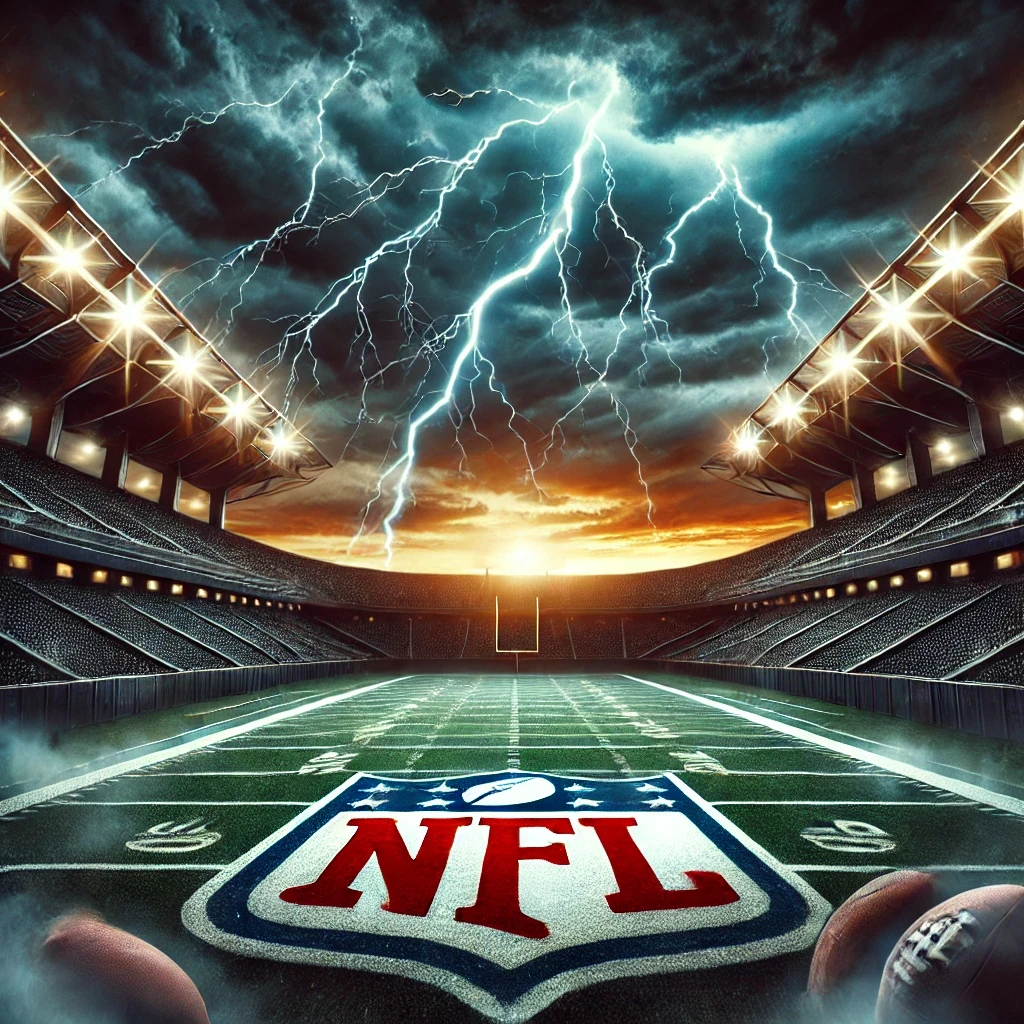- 26 May, 2022
- Arborist
- 328

Getting started on a garden can be both exciting and intimidating. It all begins with a sad patch of grass, which turns into a lovely garden with flowers, fruit trees, veggie beds, garden beds, and garden art as you progress.
Make sure you place it in the right place
Itâs all about a place when it comes to starting a garden, just as it is with real estate. Place your garden in a prominent location in your yard so that you can see it on a regular basis. Youâll be much more likely to invest time in it this way.
Make sure you are near water
Planning your new garden near a water source is one of the best gardening advice youâll ever get. Make sure youâll connect your garden to a hose so you donât need to carry water thereto whenever your plants need water. Pushing a finger an inch into the soil (roughly one knuckle deep) is the easiest way to tell whether plants need irrigation.
Follow the path of the light
When youâre first starting to garden, itâs easy to make mistakes about sunshine. Before deciding on a location for your garden, pay attention to how the sun shines from your yard. To thrive, most edible plants, such as many vegetables, herbs, and fruits, need at least 6 hours of sunlight.
Keep track of what proportion of light various plants need. Vegetables should be grown in a region that receives at least 8 hours of direct sunlight per day. To achieve the simplest yield, most vegetables need full sun. Grow cool-season crops like lettuce, spinach, radishes, and cabbage if you have any shade Itâs vital to choose plants that are suited to your growing conditions. This entails placing sun-loving plants in a sunny location, selecting heat-tolerant plants in hot climates, and allowing vines that eat the ground, such as pumpkins and melons, plenty of space (or a trellis to climb). Make your research and choose varieties that will thrive where you live and in the room you have available.
Knowing your âhardiness zoneâ will assist you in selecting the most appropriate plants. Simply put, it refers to the coldest environment in which a plant can thrive. The colder the atmosphere, the higher the zone level. So, if a plant is âhardy to zone 4â and you reside in zone 5, itâll thrive in your garden. If you live in zone 3, however, you wonât be able to grow that particular plant because itâs too cold.
Find out when your first frost is expected
Planting your garden too early (or too late) in the season can lead to disaster. Youâll need to know your areaâs last typical spring frost date so you donât damage plants by bringing them out too early. Itâs also helpful to know when your first average fall frost is so can harvest or bring your plants indoors until the late-season frost kills them.
In the fall, donât clean up your entire garden. Leave ornamental grasses and annual seed heads like coneflowers for the birds to eat.
Mulch the region
Apply a 2 to the three-inch-thick layer of mulch around each plant. By blocking out the sun, you can reduce weed growth and moisture loss by evaporation, requiring less watering. Straw, shredded leaves, pine straw, or any other locally available material may be used.
Hand-weeding and hoeing are the perfect methods for managing weeds in the garden. Avoid deep hoeing or cultivating to prevent weed seeds from reaching the soilâs surface and germinating. Mulch can suffocate and avoid annual weeds.
Soil quality, not a fertilizer, is the key to growing the best plants. Compost and well-aged manure are good organic additives to use in your soil. The best soil structure is crumbly, simple to dig, water-absorbent, and loose enough.
Recognize the drainage characteristics of your soil. Roots require oxygen to survive, and if your soil is constantly wet, there are no air pockets in which they can thrive. To improve the soil quality, amend it with organic materials. Many plants prefer well-drained soil.
Just use composted, decayed manure that has been in your ground for at least six months. Fresh manure is rich in nitrogen, which can cause plants to âburn,â and it may also contain pathogens or parasites. Since pig, dog, and cat manure can contain parasites that can infect humans, it should never be used in gardens or compost piles.
Deadheading
Deadhead invested flowers on spring-blooming bulbs like dahlias direct energy to the bulbs rather than seed production. Leave the foliage until it turns brown and can be gently tugged away. The bulbâs leaves store the nutrients it needs to bloom the following year. Itâs not a good idea to braid or tie the leaves because it limits the amount of light that reaches the leaf surfaces.
Perennials and annuals both benefit from deadheading. The aim of annual plants is to flower, set seeds, and die, so removing the old blooms encourages them to grow more flowers. By removing spent flowers, plants are encouraged to focus their energies on growing stronger leaves and roots rather than producing seeds. Plants grown for their decorative fruits or pods, such as money plants, should not be deadheaded.
Do not dig or plant in wet soil
It can damage the soil structure. To till or dig, wait until the soil is crumbly and does not form a ball in your hand.
Dig a hole twice as deep as the plantâs soil ball when transplanting container-grown perennials to aid root settlement. Assemble the plant in the hole to the same depth it was in the shell. Instead of using bagged soil, fill in around your new plant with the same soil you dug out of the hole.
Feed your plants on a regular basis
Weâve already discussed the value of beginning with good soil, but that soil works best when supplemented with high-quality nutrition on a regular basis. To put it another way, great soil combined with high-quality plant food equals mega garden success.
We hope these tips help you greatly with your gardening.
Disclaimer - Please note that the content on this page is written by YashaaGlobalâs content writing team with every reasonable effort to offer readers with the most accurate information. However, we do not consider ourselves as an authority in this niche and should not be held responsible for your use of information.
Related Blog
- 15 Jan 2025
- 194
- 0 Comment
The Jacksonville Jaguars: A 2025 Season of Struggles and Challenges
The Jacksonville Jaguars have faced a challenging season filled with injuries, poor performances, and inconsistencies across the board. From a defense that struggles to make critical stops to an offense that can't find its rhythm, the Jaguars’ woes have been...
- 15 Jan 2025
- 166
- 0 Comment
Jacksonville Jaguars’ Head Coach Search: Robert Saleh Emerges as a Top Candidate
The Jacksonville Jaguars are embarking on a new chapter as they search for a head coach to lead the team forward after parting ways with Doug Pederson. Among the names circulating as potential replacements, Robert Saleh, former head coach of...
- 07 Jun 2023
- 309
- 0 Comment
Jacksonville Jaguars Unveil Plans for Stadium of the Future
The Jaguars have unveiled their ambitious plans for the future of TIAA Bank Field, which they are calling "the stadium of the future." The project is set to include a complete renovation of both the stadium and its surrounding area....


